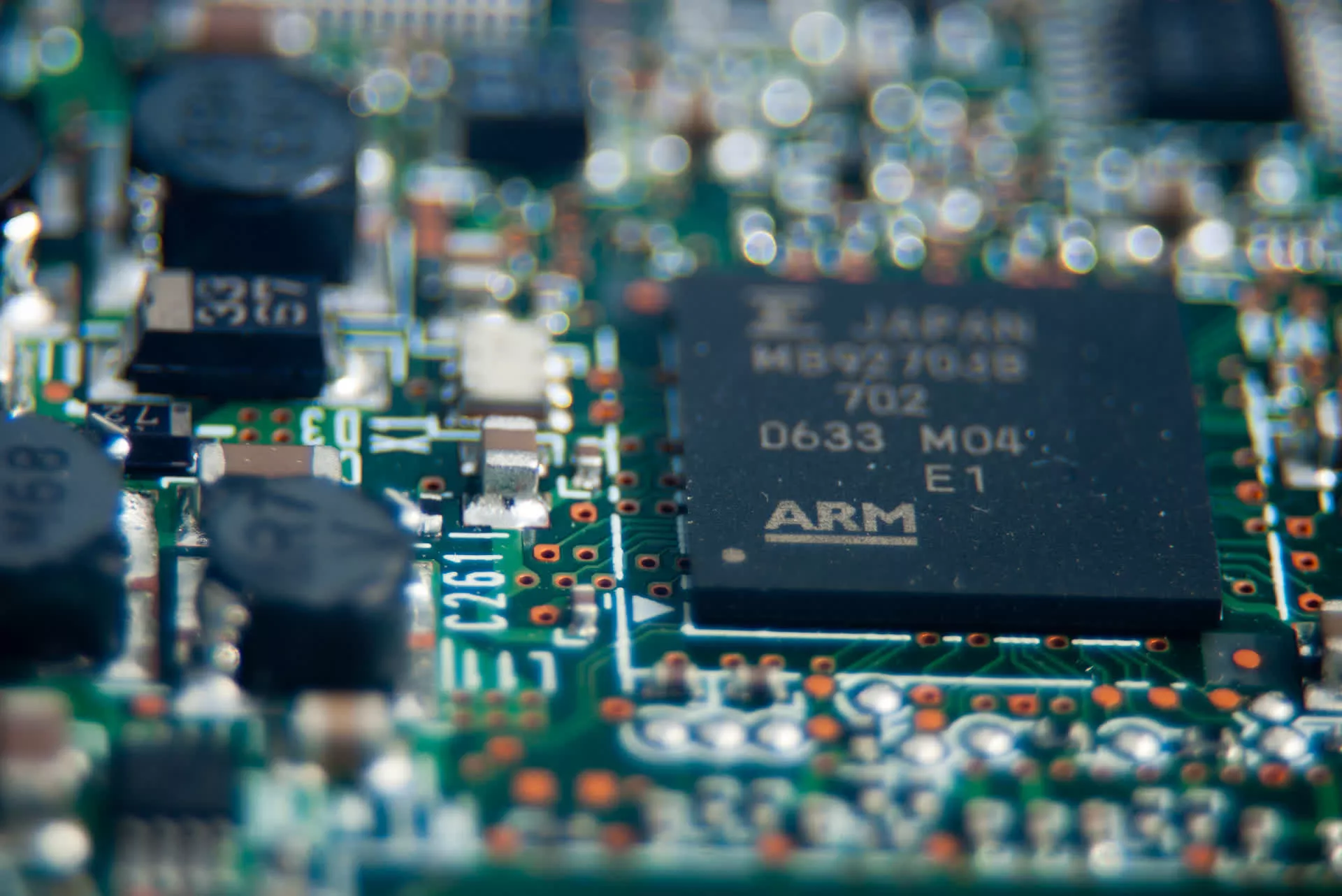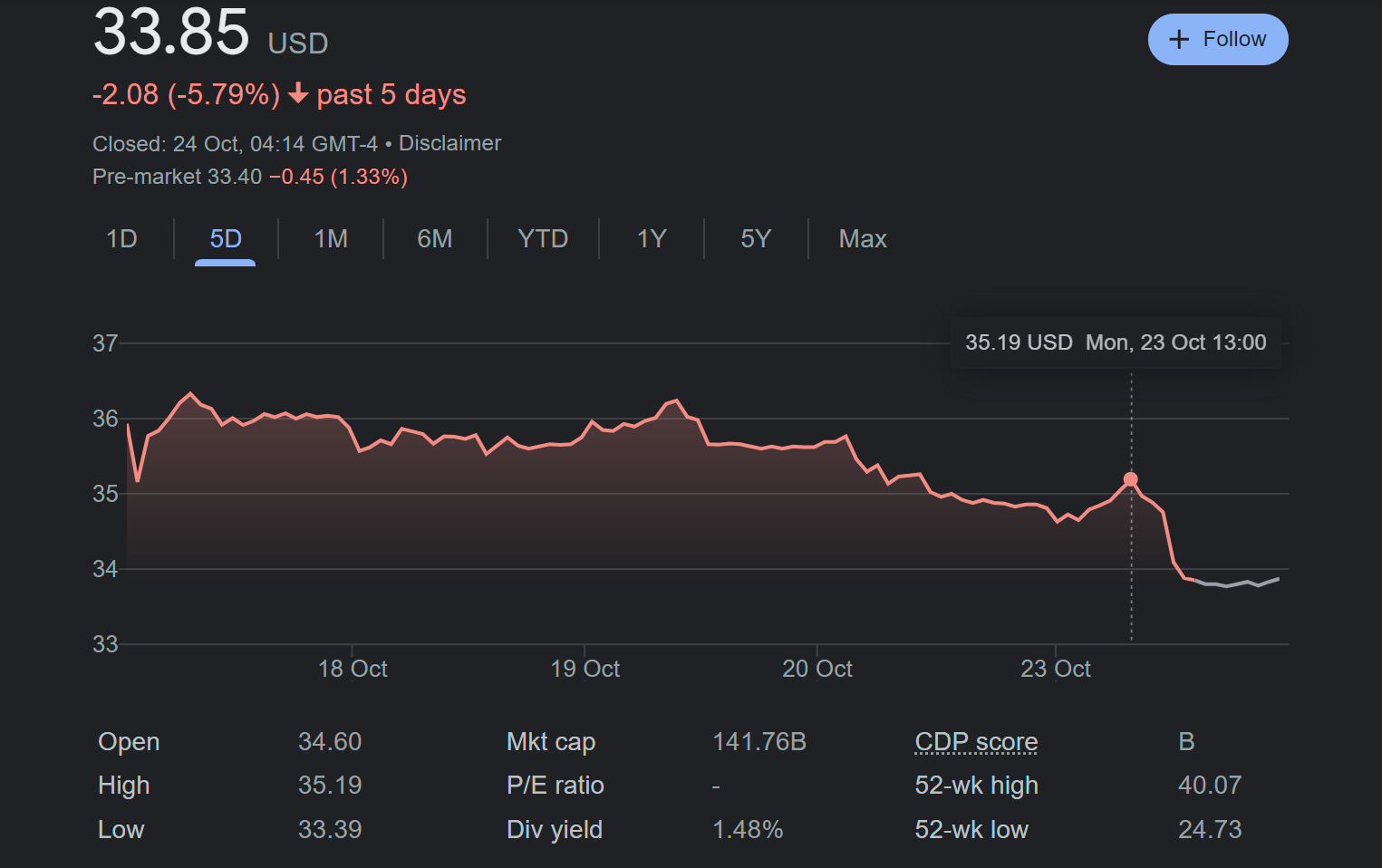Forward-looking: An Arm revolution could be coming to the PC as soon as 2025. According to a new report, Nvidia is planning to launch CPUs based on the architecture designed specifically to run Windows, while AMD also plans to go down the same route. It's concerning news for Intel, which saw its share price fall 5% on the back of the claims.

Reuters' unnamed sources say that Nvidia, which already dominates the AI, HPC, and consumer graphics card industries, is expanding its portfolio to include Arm-based processors for client Windows PCs.
AMD is also planning to make PC processors based on Arm's designs. Team Red continues to battle it out with Intel for a share of the x86 processor market, but Chipzilla has long held a substantial lead over its rival in the Steam survey results.
The report says that Microsoft is encouraging others to enter the Arm-based systems market once the current exclusivity deal it has with Qualcomm ends next year. In 2016, Microsoft chose the company to bring the full Windows experience to Arm-powered devices.
"Microsoft learned from the 90s that they do not want to be dependent on Intel again, they do not want to be dependent on a single vendor," Jay Goldberg, chief executive of D2D Advisory, told Reuters. "If Arm really took off in PC (chips), they were never going to let Qualcomm be the sole supplier."
The prospect of Arm-based Nvidia and AMD client CPUs shook Intel's share price
Nvidia has plenty of experience with Arm-based processors. Its product stack includes the Grace-Hopper and Grace CPU Super Chips. There's also its Tegra SoC that powered tablets and phones and is still found in the Nintendo Switch and Nvidia Shield. An early version of the Tegra was also used in Microsoft's first Surface tablet, the Surface RT, but the device never gained many fans and was discontinued a year later.
AMD, meanwhile, uses Arm cores in products such as its Versal FPGAs. The company was even rumored to be working on an Arm-based Apple M1 rival back in 2020.
Earlier this month, Qualcomm gave the world a teaser of its upcoming Snapdragon X SoCs. Tracing their roots back to Qualcomm's 2021 acquisition of chip startup Nuvia for $1.4 billion, they're being positioned as the PC's version of Apple's M-series chips. Expect to learn more about Snapdragon X at the Snapdragon Summit that starts later today.

Apple sued Nuvia co-founder and CEO Gerard Williams III in 2019, accusing him of poaching its employees. Last year, both Nuvia and Qualcomm were sued by Arm, which claimed a breach of license agreements and trademark infringement following the latter's acquisition of Nuvia.
Apple dropping Intel and launching its in-house M-series SoC changed the public perception of what Arm-based laptops were capable of. Intel's mobile chips have struggled to deliver that killer combination of performance and battery life, which leaves the door open for other companies to steal Cupertino's crown, or at least challenge it, in a couple of years.
https://www.techspot.com/news/100597-nvidia-amd-planning-arm-based-cpus-consumer-pcs.html
